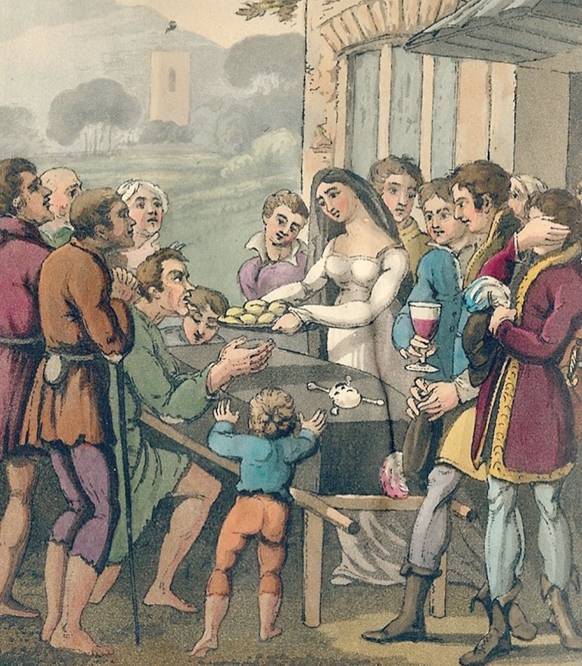

What strange-sounding professions really existed in history? Throughout history, there have been several strange-sounding professions that may seem unusual or peculiar to us today. Here are a few examples:
Knocker-up:
Before the invention of alarm clocks, knocker-ups were individuals responsible for waking people up in the morning. They would carry long sticks and tap on windows or use pea shooters to shoot small objects at the windows to rouse their clients from sleep.
Gong farmer:
In medieval times, gong farmers were employed to clean out and maintain cesspits and privies (toilets). They would collect human waste, known as “night soil,” and transport it to be used as fertilizer or disposed of.
Rat catcher:
In the 19th and early 20th centuries, rat catchers were hired to control rat populations in urban areas. They would use various methods such as traps, dogs, ferrets, and chemicals to catch or kill rats.
Resurrections:
Also known as “body snatchers,” Resurrections were active during the 18th and 19th centuries. Their job was to dig up corpses from graves and sell them to medical schools for anatomical dissection and study, as there was a high demand for cadavers for medical research.
Ice cutter:
Before the advent of refrigeration, ice cutters were responsible for cutting large blocks of ice from frozen bodies of water during winter. The ice would be stored in ice houses or delivered to customers to be used for cooling purposes.
Court jester:
Popular during medieval times, court jesters were entertainers who performed comedic acts and provided amusement to the nobility. They would wear colorful outfits and use humor, juggling, music, and acrobatics to entertain the royal court.
Snake oil salesman:
In the 19th and early 20th centuries, snake oil salesmen would travel from town to town, claiming to sell miraculous or cure-all elixirs made from secret ingredients. These products often had little or no actual medical value and were sold through persuasive sales pitches and deceptive claims.
Town crier:
Before the widespread literacy and accessibility of printed materials, town criers were employed to make public announcements and spread news in towns and villages. They would walk through the streets ringing a bell and shouting out important information or proclamations.
These are just a few examples of strange-sounding professions that were once part of our history. Over time, societal changes, technological advancements, and shifting needs have rendered many of these professions obsolete or transformed them into modern equivalents.




